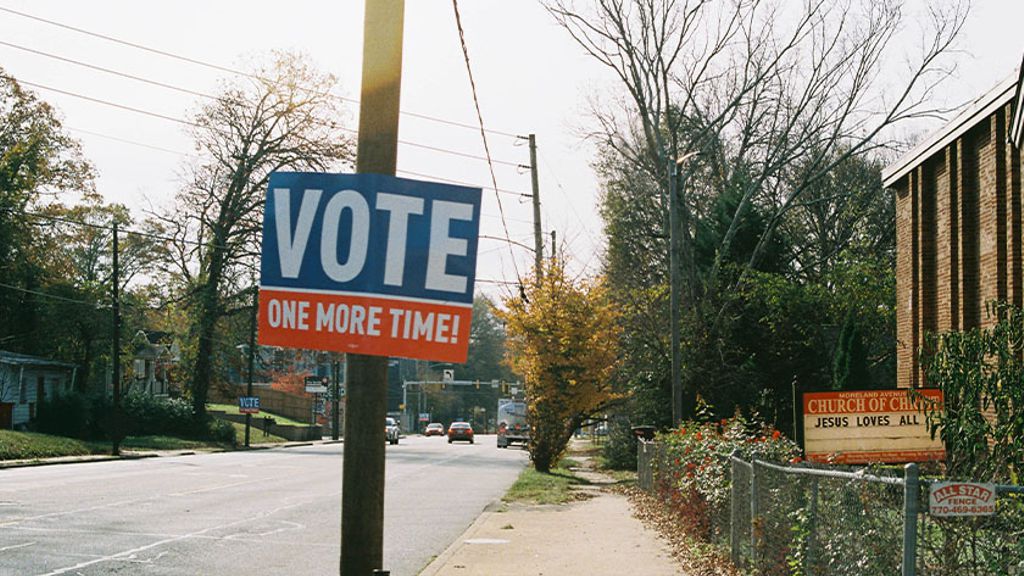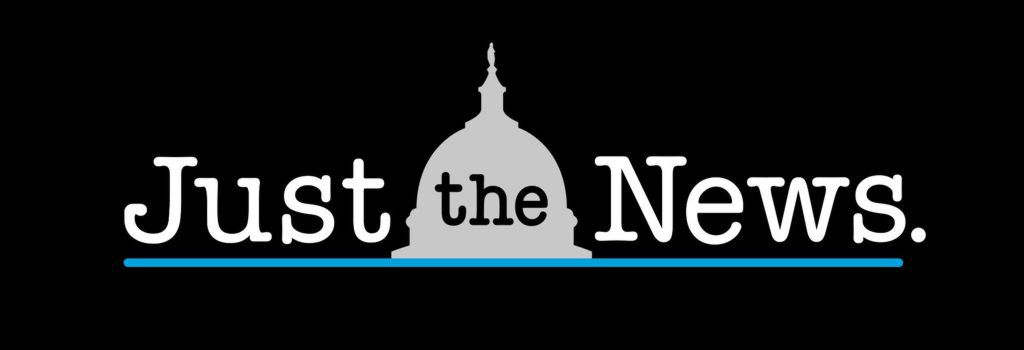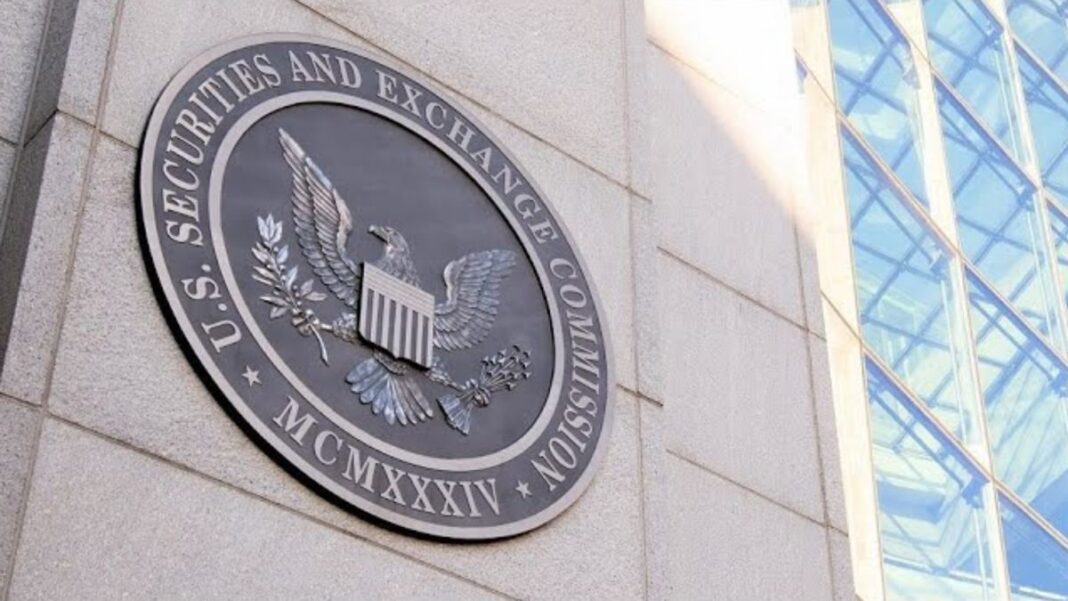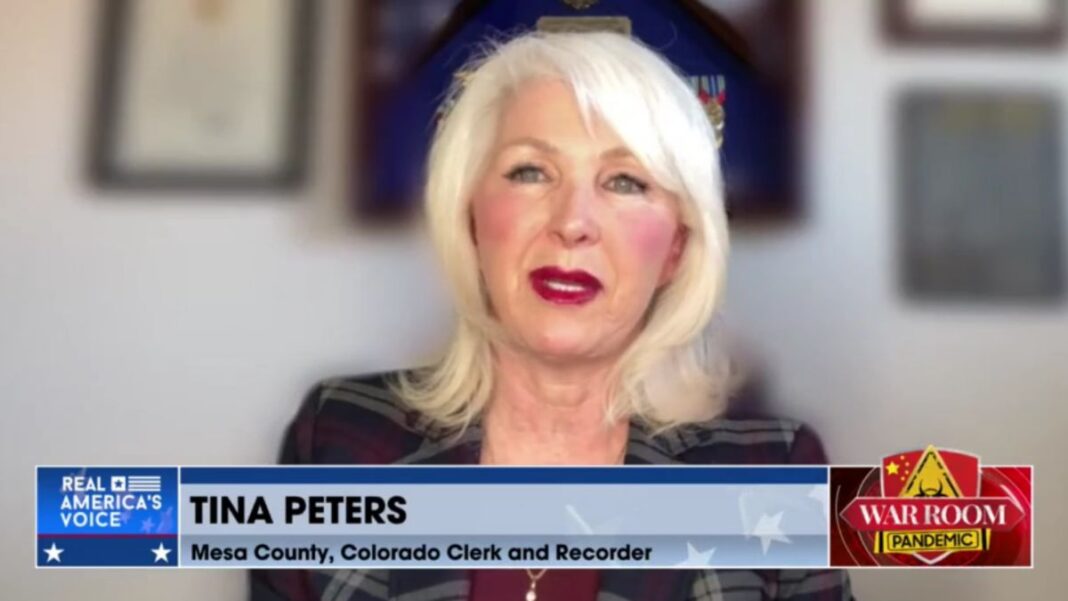Action allows Secretary of State investigators to compel testimony, delivery of evidence.
The Georgia Elections Board has approved a subpoena to secure evidence and testimony in an ongoing investigation into whether third-party liberal activists illegally gathered thousands of absentee ballots in the 2020 general election and a subsequent runoff that determined Democrat control of the U.S. Senate.
The vote was a major win for Secretary of State Brad Raffensperger, who announced the investigation into alleged ballot harvesting in January and was seeking the subpoena authority to assist the probe.
The subpoena power will allow Raffensperger’s team to secure evidence about a whistleblower who alleged to an election integrity group that he participated in a large operation to gather ballots in which activists were paid $10 for each ballot they delivered.
Georgia law expressly prohibits third parties from collecting, gathering or delivering absentee ballots, except in the case of immediate relatives.
A vote on the subpoena was delayed by weeks as the Elections Board could not decide on a new chairman. But at a meeting last week, the board unanimously chose member Matthew Mashburn to be acting chairman.
The board then voted out the subpoena in a closed session, according to audio of the meeting reviewed by Just the News.
“All the board members are here,” Mashburn said after emerging from the closed-door session. “A quorum is in order. We went into executive session for purposes of discussing pending and potential litigation and for the board to authorize subpoenas in case no. 2020-10-Dougherty County and 2022-003 ballot harvesting.”
Officials said the new subpoena powers will be used by Raffensperger’s office to secure evidence from the election integrity group True the Vote, which filed a complaint in November saying it had acquired videotapes, a whistleblower’s admission and cell phone location records showing what appeared to be a widespread ballot harvesting operation in the November 2020 general election and January 2021 election runoff.
The group’s complaint said surveillance camera footage showed ballot traffickers delivering stacks of ballots to drop boxes between midnight and 5 a.m. and cell phone records showed as many as 240 activists made such deliveries.
The group said a cooperating whistleblower to whom it granted John Doe anonymity admitted he was paid $10 for each ballot he collected and delivered and that scores of others were involved in the operation.
“John Doe described a network of non-governmental organizations that worked together to facilitate a ballot trafficking scheme in Georgia,” True the Vote wrote in its complaint. “John Doe claimed to have been one of many individuals paid to collect and deliver absentee ballots during the early voting periods of the November 2020 General Election and the January 2021 Runoff Election.”
Raffensperger, who in 2019 led an effort to update state law to explicitly outlaw harvesting, told Just the News earlier this month that his investigators want to secure the identity and cooperation of the whistleblower and to follow the money to who funded the operation.
“We need to get a subpoena for the fella who this John Doe is,” Raffensperger explained. “Was he paid? How much was he paid? And then who paid him. And we’re going to follow the money, and we’re going get to the bottom of it. And we’re going to prosecute this, if we find that there’s substance to it.”
State law currently allows only the ballot traffickers to be prosecuted, and does not invalidate the ballots of voters who are lawfully registered to vote but give their ballot to a third-party.
Some state officials told Just the News they have been privately discussing asking the Georgia legislature to create penalties for voters who surrender their ballots to a third party.
The Georgia investigation comes as other states have begun turning up evidence of ballot harvesting during the 2020 election.
Arizona has prosecuted several activists for illegally collecting third-party ballots, while the former state Supreme Court justice named to oversee an election integrity probe in Wisconsin recently offered evidence that third parties may have cast ballots on behalf of physically or mentally incapacitated nursing home residents.
Georgia has had at least one famous case of ballot harvesting, in which a local judge and a lawyer were charged more than a decade ago in Chattooga County with using a postal machine to put postmarks on third-party absentee ballots and delivering them in a razor-thin election in 2006 where the judge was leading.
The late State Court Judge Carlton Vines was charged with unlawful possession of ballots, conspiracy to commit election fraud and making false statements in connection with filing notice of candidacy.
His first trial ended in a deadlocked jury in 2009, and a second trial was averted when Vines agreed to resign his judgeship.
Chattooga County lawyer Albert C. Palmour was fined $18,000 in 2011 for his role in the scheme after losing an appeal.
By John Solomon







